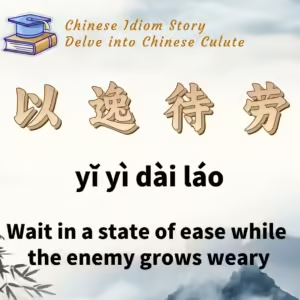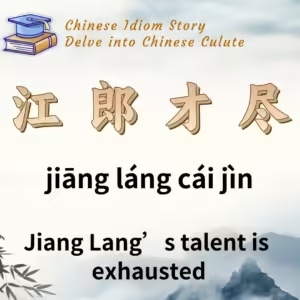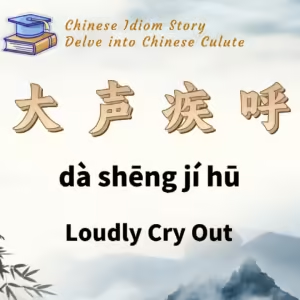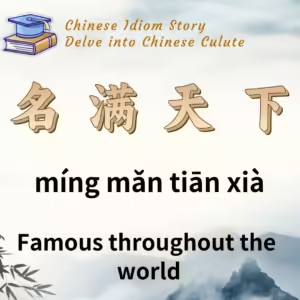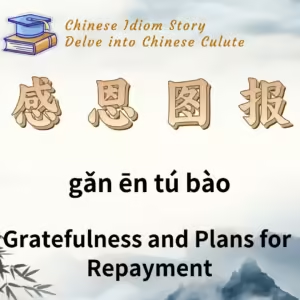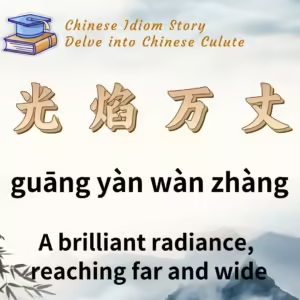
Chinese Idiom: 光焰万丈 (Guang Yan Wan Zhang)
English Translation: Guang Yan Wan Zhang – A brilliant radiance, reaching far and wide
pīn yīn: guāng yàn wàn zhàng
Idiom Meaning: This idiom refers to the military strategy of remaining calm and rested while the enemy becomes exhausted from their efforts, thus gaining an advantage.
Historical Source: A poem titled “调张籍” written by Han Yu during the Tang Dynasty.
Idiom Story:
Han Yu was a prominent writer in the Tang Dynasty who served in various official capacities throughout his life. In the eighth year of the Zhenyuan era (792 AD), he was awarded the title of “jinshi” and later became an Imperial Censor. After advocating for relief during a severe drought and criticizing government policies, he was demoted to the position of governor in Yangshan (modern-day Guangdong).
During the reign of Emperor Xianzong, Han Yu played a significant role in quelling a rebellion led by Wang Tingcou. After this event, he was summoned back to court, receiving a series of promotions until he was appointed as Minister of War.
In 822 AD, during his second year in this role, a military coup erupted in Zhenzhou (now Zhengding, Hebei) where soldiers killed their harsh commander, Tian Hongzheng, and appointed Wang Tingcou as their leader. When Emperor Muzong learned of this, he sent Niu Yunyi to suppress the rebellion, but the campaign failed. With no other option, the emperor opted for a policy of appeasement and appointed Wang Tingcou as the new governor.
Despite being fifty-five years old and aware of the dangers involved, Han Yu bravely undertook this delicate negotiation with Wang. Upon successfully completing this task, he returned to the capital in early spring, reflecting on his tumultuous life and feeling a sense of joy over his later success in quelling unrest.
After returning to Chang’an, friends came to celebrate his achievements, including the famous poet Zhang Ji, who had also faced demotion alongside Han. Zhang invited Han to a banquet in a picturesque garden where they enjoyed wine and exchanged poetry. Inspired by the moment, Han Yu composed the poem “Early Spring Presented to Zhang Jishi”:
天街小雨润如酥,
草色遥看近却无。
最是一年春好处,
绝胜烟柳满皇都。
This poem depicts the beauty of early spring in the capital, contrasting the delicate rain-soaked streets with the nascent greenery of the grass.
In his poetry, Han Yu displayed a unique style, emphasizing vivid imagery and powerful emotions. He held great admiration for the poets Li Bai and Du Fu, but he also faced criticism from some ignorant contemporaries who disparaged their works. In response, he wrote the poem “调张籍,” which includes the lines:
李杜文章在,
光焰万丈长。
不知群儿愚,
那用故谤伤?
此蜉撼大树,
可笑不自量。
The lines express Han Yu’s belief that the literary brilliance of Li Bai and Du Fu is enduring and that the unfounded slanders against them are laughably futile—like a tiny insect attempting to shake a great tree.
Thus, the phrase “光焰万丈长” evolved into the idiom “光焰万丈,” symbolizing the enduring brilliance and vitality of great ideas and achievements.

